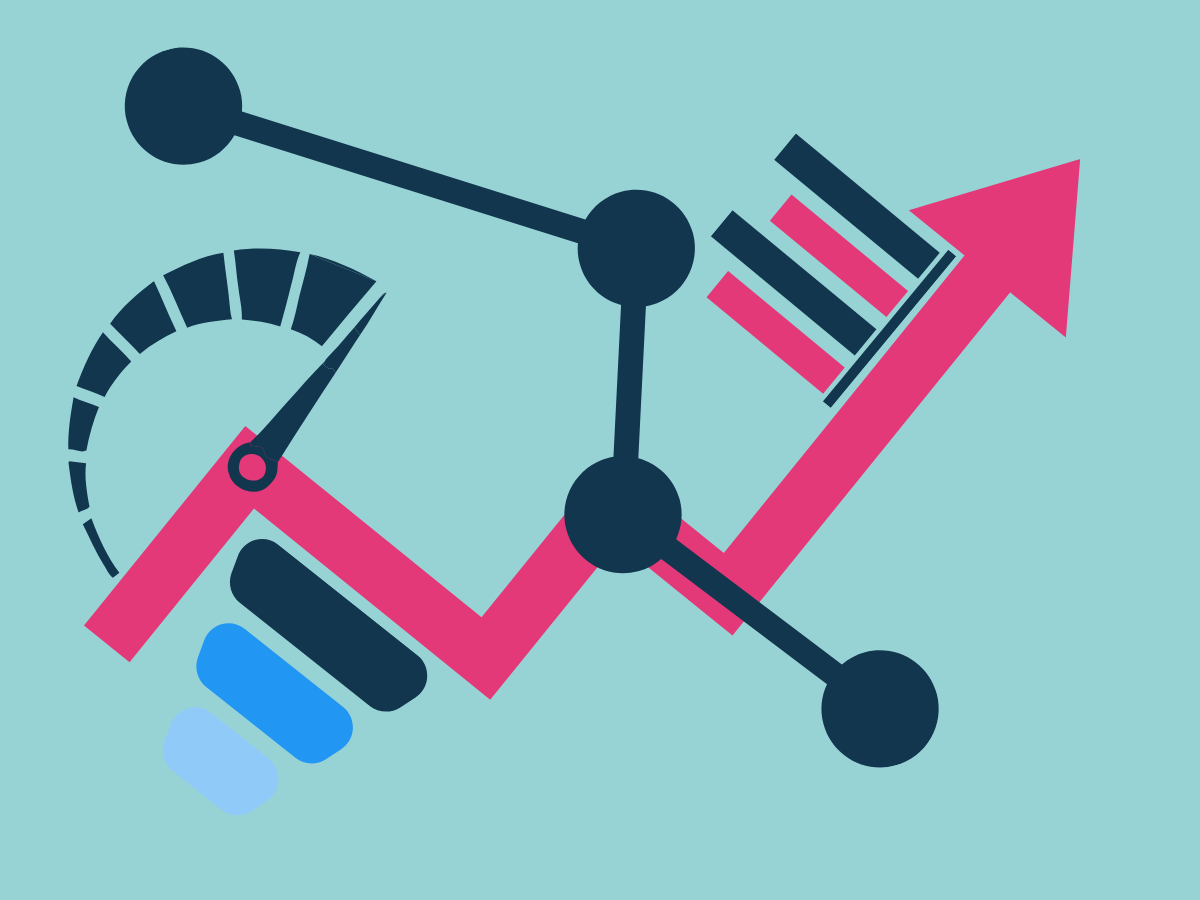Unleashing the potential: eCommerce personalization explained

Personalization is absolutely crucial in the realm of eCommerce. Retailers must leverage data to customize marketing strategies, product offerings, and overall shopping experiences for each individual shopper.
eCommerce personalization is not a mere marketing strategy; it's the key to creating customer-centric shopping experiences. It's about understanding your customers' needs, predicting their choices, and offering them exactly what they're looking for even before they realize they need it.
Businesses are increasingly adopting an eCommerce personalization strategy to increase online sales and revenue.
Learn more about the what, why, and how of this strategy.
What is eCommerce Personalization?
eCommerce personalization involves using data and analytics to offer tailored shopping experiences to individual customers. This could be:
- Website Personalization - Tailoring website content to individual users can significantly enhance their shopping experience. This could involve highlighting products that match their interests or suggesting relevant promotions.
- Email Marketing - Personalized emails can recommend products based on the customer's purchase history or browsing behavior. They can also be used to send targeted offers and discounts.
- Social Media Ads - Custom-made ads target users on social media platforms based on their interactions with your brand or interest in similar products and services.
- Mobile Apps - Personalization in mobile apps can take several forms, from push notifications about relevant products to personalized in-app content.
- Customer Service - Offering personalized customer service, like chatbots that remember past interactions, can significantly improve the customer experience and lead to higher satisfaction and loyalty.
The goal is to create a sense of relevance and engagement, leading to increased customer loyalty, higher conversion rates, and, ultimately, more revenue for your business.
Why is eCommerce Personalization Important?
Personalization can help you stand out in a crowded eCommerce landscape, where competition is fierce, and customer expectations are high.
By offering a personalized experience to your customers, you can show them that you understand their needs and preferences and are willing to go the extra mile to meet them. This can help build trust and loyalty and increase the likelihood of repeat purchases and referrals.
Additionally, personalized messaging and recommendations can help reduce cart abandonment and increase conversion rates, meaning more revenue for your business.
The History of eCommerce Personalization
The journey of eCommerce personalization started in the late 1990s with Amazon's introduction of personalized book recommendations. This groundbreaking approach of using customer data to personalize shopping experiences was a game-changer.
As the internet evolved and data collection became more sophisticated, the power of eCommerce personalization became clearer.
The 2000s ushered in the era of personalized emails, targeted ads, and user-specific content, all made possible by the growing ability to track user behavior and preferences.
Today, with advancements in AI and machine learning, eCommerce personalization has reached new heights, enabling hyper-personalization – tailoring every touchpoint based on real-time data and predictive analysis to offer a truly unique shopping experience.
How Can You Implement eCommerce Personalization?
The first step towards implementing eCommerce personalization is to collect the data necessary to create a personalized experience. This could include customer purchase history, browsing behavior, demographics, and social media engagement.
Once you have this data, you can create customized product recommendations, targeted email marketing campaigns, and personalized website content. One popular way of doing this is through product recommendation engines, which use algorithms to suggest products based on a customer’s past behavior and preferences.
Another effective strategy is dynamic content, allowing you to show different content to visitors based on their behavior and preferences.
Examples of eCommerce Personalization
At RevLifter, we've helped retail brands with a host of campaigns that use personalization to deliver results:
The Discount Ladder
RevLifter worked with a major retailer to create a personalized discount ladder campaign. The idea was to reward customers with increasing discounts based on the number of items in their shopping cart.
The campaign led to a noticeable increase in average order values (AOV), highlighting the effectiveness of a tiered discount system. For further examples of the link between personalization and growing consumer spend, check our piece covering ways of using intelligent offers to boost AOV.
The Personalized Cross-sell
RevLifter helped an electronics retailer create a personalized cross-sell campaign. Customers who added a laptop to their cart were shown a personalized offer for related accessories like a wireless mouse or keyboard. This targeted cross-sell campaign successfully increased the AOV.

The Geo-Targeted Offer
In one instance, RevLifter devised a campaign for a fashion retailer wherein offers were customized based on the visitor's geographic location. They improved their conversion rates by aligning the offers to local weather conditions or popular styles.

What Benefits Can You Expect from eCommerce Personalization?
You can expect increased customer loyalty, higher conversion rates, and more revenue by implementing eCommerce personalization.
- A study by Epsilon found consumers are 80% more likely to purchase when a brand offers personalized experiences.
- According to Econsultancy, 93% of companies see an uplift in conversion rates from personalization.
- Another study by Accenture found that 75% of consumers are more likely to buy from a retailer that recognizes them by name, recommends options based on past purchases, or knows their purchase history.

- According to Segment, 75% of businesses believe personalization is table stakes, while over half of consumers say personalization improves the customer experience.
These statistics highlight just how important personalization can be in driving eCommerce success.
eCommerce personalization is like a virtual salesperson, intelligently guiding customers through their shopping journey by understanding and fulfilling their unique needs. It's a powerful tool that uses customer data to create personalized experiences, leading to increased customer satisfaction, repeat business, and significantly higher conversion rates.
Personalization is a necessity for retailers
Personalization is no longer just a nice-to-have for online retailers; it is now a competitive necessity. By offering customized experiences to your customers, you can build trust and loyalty, reduce cart abandonment, and ultimately, increase revenue.
The good news is that numerous tools and platforms are now available that make implementing eCommerce personalization easier and more affordable than ever before.
So what are you waiting for?
Start exploring the world of eCommerce personalization today by checking out the RevLifter platform.





